Circumstances Excluding Participation in Criminal Proceedings and the Procedure for Challenges regulated by the rules of the CPC. The legislation provides for two groups of grounds for eliminating individuals from the process. Let's consider them in detail.
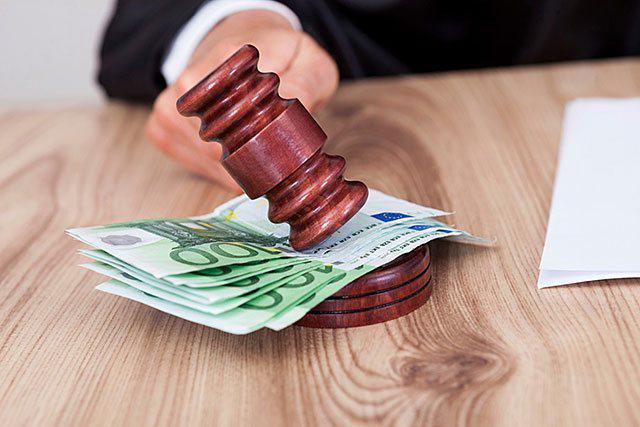
general characteristics
Circumstances precluding participation in criminal proceedings, challenges divided into general and special. The former are applicable to almost any subject involved in the process. Special grounds are used to eliminate only certain categories of persons. Circumstances precluding the possibility of participation in criminal proceedings, - these are objectively existing, external factors that raise reasonable doubts about the impartiality of a particular subject. If available, the person must independently withdraw from the proceedings. If the subject evades this, he is subject to challenge.
Direct bans
They are contained in some norms of Sec. 2 CPC. So, in the second part of Article 41 of the Code, it is established that the powers of inquiry cannot be assigned to a person who carried out activities of an operational-search nature in the framework of this case. In Art. 49 conditions are provided for the exclusion of a lawyer from the process. Part 6, in particular, in circumstances precluding the participation in the criminal proceedings of the defense counsel, includes representing the interests of two suspects / accused when the interests of one of them are not consistent with the interests of the other. Citizens, the list of which is given in Article 56 (part 3), shall not be subject to interrogation as witnesses. It is worth noting that circumstances precluding participation in a casegiven in the norms of sec. 2 CPC are considered special. They apply only to certain individuals involved in the process. However, the legislation provides objective reasons why the participation of a citizen in production is impossible. These factors impede the proper exercise of rights and the exercise of procedural obligations. Such circumstances precluding participation in criminal proceedings, do not depend on the will of citizens. They arise until a person acquires one or another status and exist objectively.
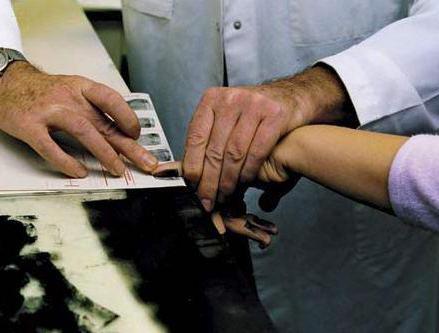
Persons involved in the process
Their list is fixed in chap. 9. Participants in legal proceedings are classified according to factors that exclude their involvement in the process. The following groups of subjects are established by norms:
- Production officials. These include the prosecutor, the inquirer, the judge, the investigator.
- Subjects representing anyone's interests. These include counsel, a representative of the victim, civil plaintiffs and defendants.
- Citizens contributing to the process. This group includes specialists, secretaries, experts, translators.
Circumstances precluding participation in the case (challenges)
The list of grounds on which subjects assigned to the first group cannot be involved in the process is enshrined in article 61. The following are established in part one of the rule circumstances precluding the participation of a judge in criminal proceedings:
- Involvement in the process of victim status, civil defendant / plaintiff or witness.
- The presence of kinship with any of the entities involved in the process. There is a conflict of interest.
- Previous participation in the status of a jury, expert, translator, specialist, witness, defense attorney, secretary, legal representative, civil plaintiff / defendant, investigator / inquiry officer, prosecutor in this case. It is about attracting a person to the process earlier. If the subject participated in the production, but left it, it is still subject to challenge.
The same grounds apply to prosecutors, interrogators / investigators.
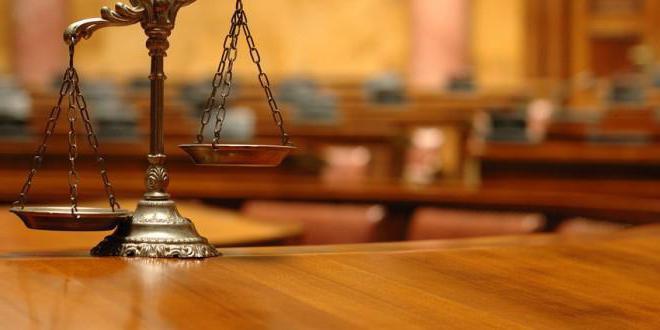
Explanations
Analyzing circumstances precluding participation in criminal proceedings officials, we can formulate the following conclusion. The basis for the removal of the subject from the proceedings is the presence in the present or the past of a different procedural status that is different from the current one, or of family ties with one of the citizens involved in the process. An official is not entitled to conduct proceedings not only on these grounds, but also in the presence of factual circumstances. For example, the investigator was an eyewitness to the crime. He cannot initiate proceedings and conduct a preliminary investigation. He must be summoned for questioning in witness status. Accordingly, his testimony may become evidence.
Interest
Circumstances precluding participation in criminal proceedings, enshrined in the first part of the 61st article, are far from the only grounds used to remove the subject from the proceedings. Part 2 of this rule provides that other facts may arise, the presence of which may lead to the conclusion that there is an indirect or direct interest of a person in the outcome of the process. Moreover, neither its formal features, nor the forms of its manifestation are fixed in the legislation. In this regard, the assessment of certain circumstances is carried out taking into account the specifics of a particular production. Meanwhile, it is possible to formulate the signs of some grounds, indicating the presence of interest in the subject. how circumstances precluding participation in criminal proceedings, may be the presence of hostile or, conversely, friendly relations with any of the persons involved in the process. In addition, personal interest can be determined by feelings of revenge, fear, envy, guilt and so on. The availability of information about an extra-procedural appeal to a judge cannot in itself serve as a basis for his challenge. The corresponding provision is enshrined in part 3 of the 61st article of the CPC. At the same time, there should not be the slightest doubt about the objectivity and impartiality of officials.
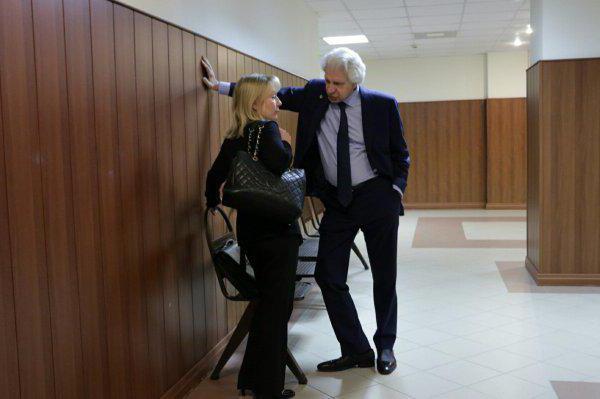
Branches of a lawyer, representative
The grounds for the removal of these persons from the process are enshrined in Article 72. The first part of the rule establishes that the defense counsel, representatives of civil defendants / plaintiffs, and the victim cannot be involved in proceedings if:
- Previously, they were already involved in the same process in a different procedural status. In particular, we are talking about participation as a witness, witness, secretary of the meeting, judge, specialist, translator, expert, inquiry officer, prosecutor, investigator.
- Previously provided or are currently providing legal assistance to a citizen whose interests are not consistent with the will of the accused, civil defendant / plaintiff, suspect represented by him.
- They are relatives (including close ones) of the inquiry officer, prosecutor, secretary of the meeting, investigator, judge who participated in the consideration of this case, or a citizen whose intentions contradict the will of the person who concluded a service agreement with him.
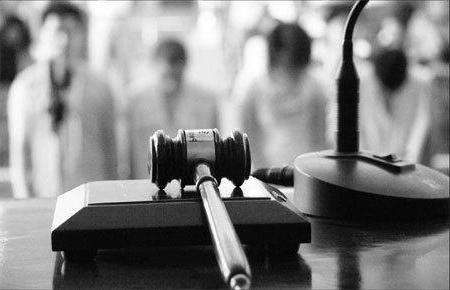
Third group
It includes a secretary, expert, specialist and translator. This group is characterized by the fact that in relation to the first person, the legislation does not establish specific facts that exclude involvement in production. In this case, the decision to remove the secretary is taken by the person conducting the proceedings.Other subjects - a translator, specialist, expert - are removed from the process when their incompetence is established. What can it be expressed in? The incompetence of a translator lies in the inability to fluently speak the two languages required for a qualified translation. The exception of a specialist is allowed in the case when a lack of sufficient knowledge or the ability to apply them adequately is revealed. Expert incompetence can be expressed in a similar way. In addition, this subject is subject to challenge in the absence of proper education.
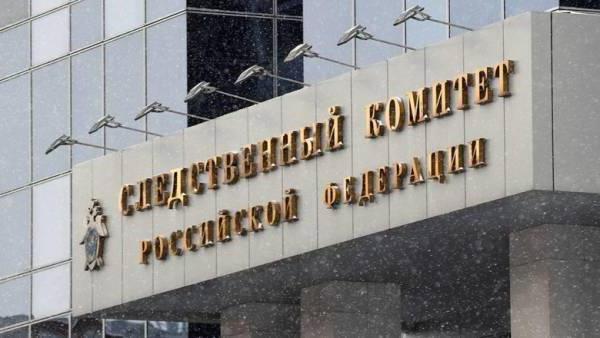
Nuances
The legislation does not fix the possibility of exclusion of witnesses from production. However, it seems that the subject cannot be involved in the process in this status if there are grounds established by Article 61 of the Code of Criminal Procedure. Witnesses, suspects, victims, accused, civil defendant / plaintiff shall not be challenged. These entities are considered indispensable in the process. Their participation in the production directly depends on the circumstances of the crime. These citizens either have important information about the event, or are personally interested in the result of the process.
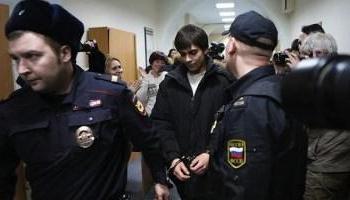
Procedural Issues
The legislation provides for a special procedure for the disqualification of entities in identifying circumstances precluding their participation in production. As the 62nd article of the Code of Criminal Procedure indicates, if there are grounds, the person must independently withdraw from the process. To do this, he must submit an appropriate application. If the citizen did not do this, the accused, the civil plaintiff / defendant, the suspect, their representatives, lawyers, the state prosecutor, the victim have the right to challenge. The procedure for its implementation depends on the status of the person being eliminated. Permission is granted, according to Article 65, in the deliberation room. A decision or ruling is issued on the decision. The permission to challenge the prosecutor is carried out by a higher official, the investigator - by its head.